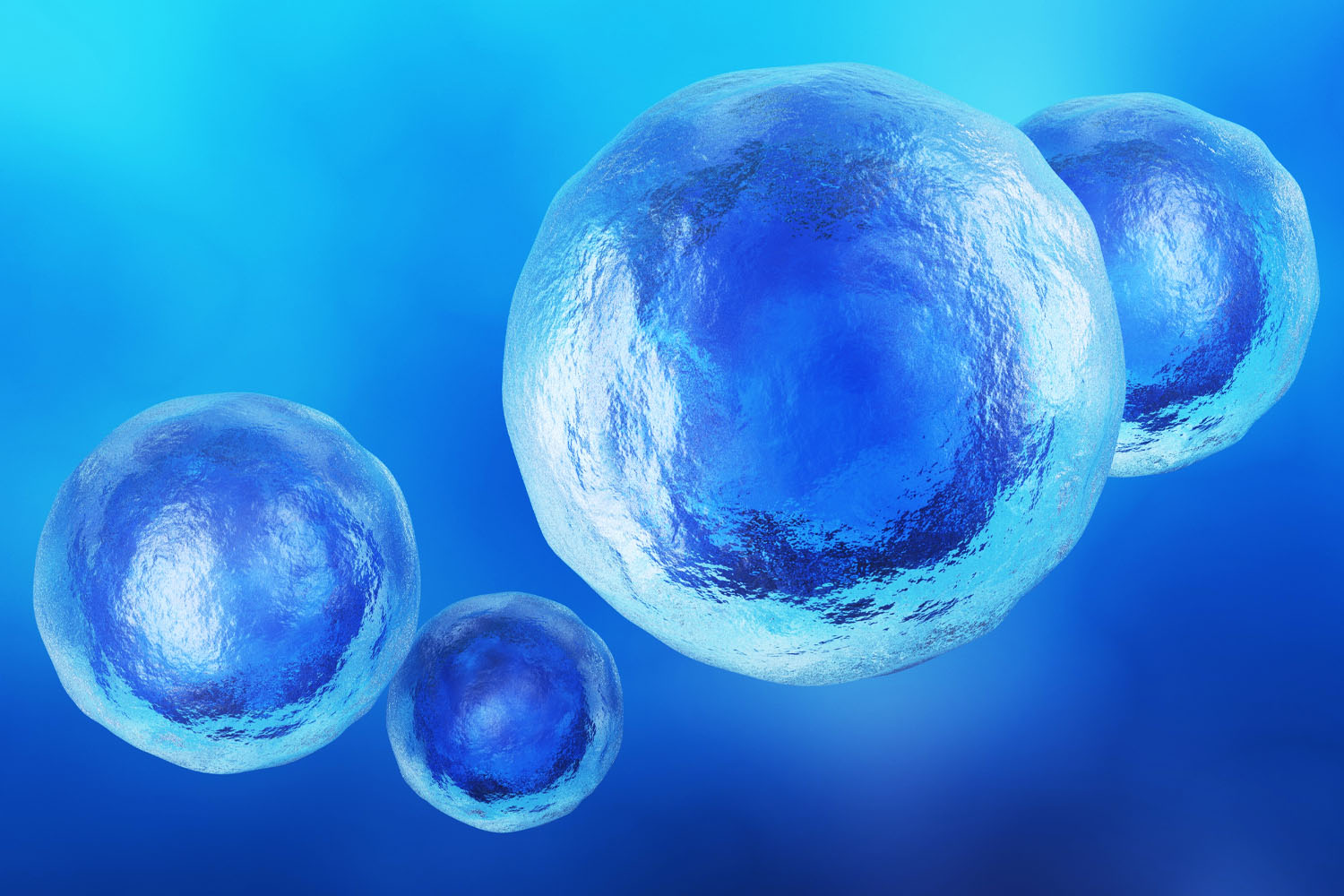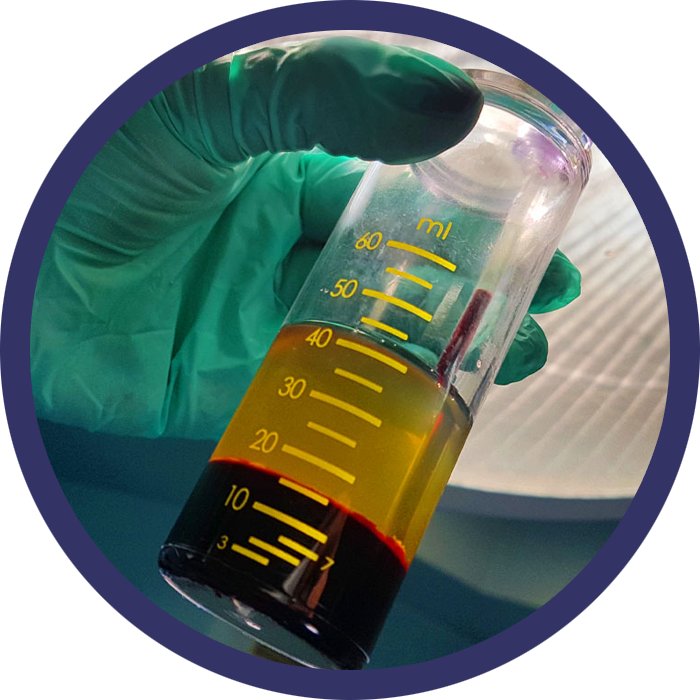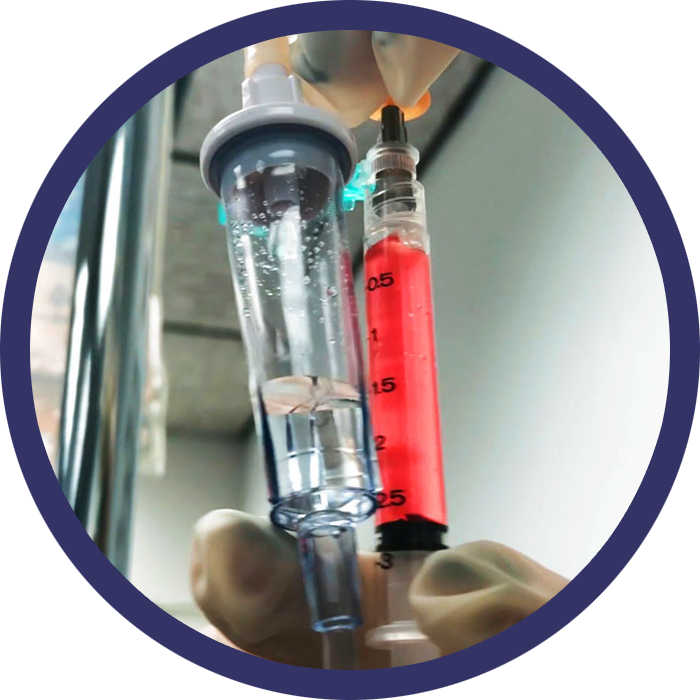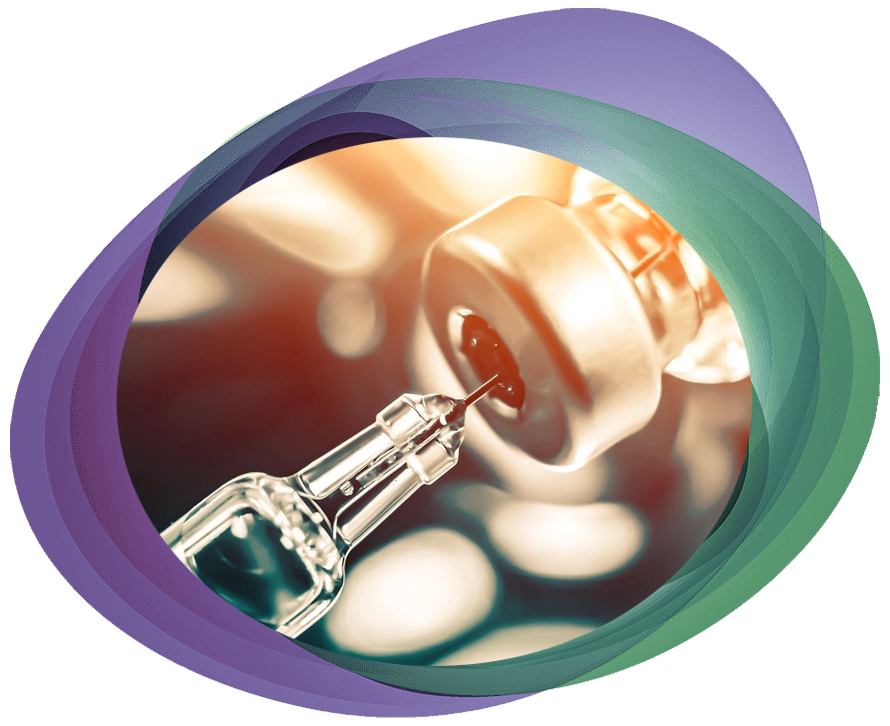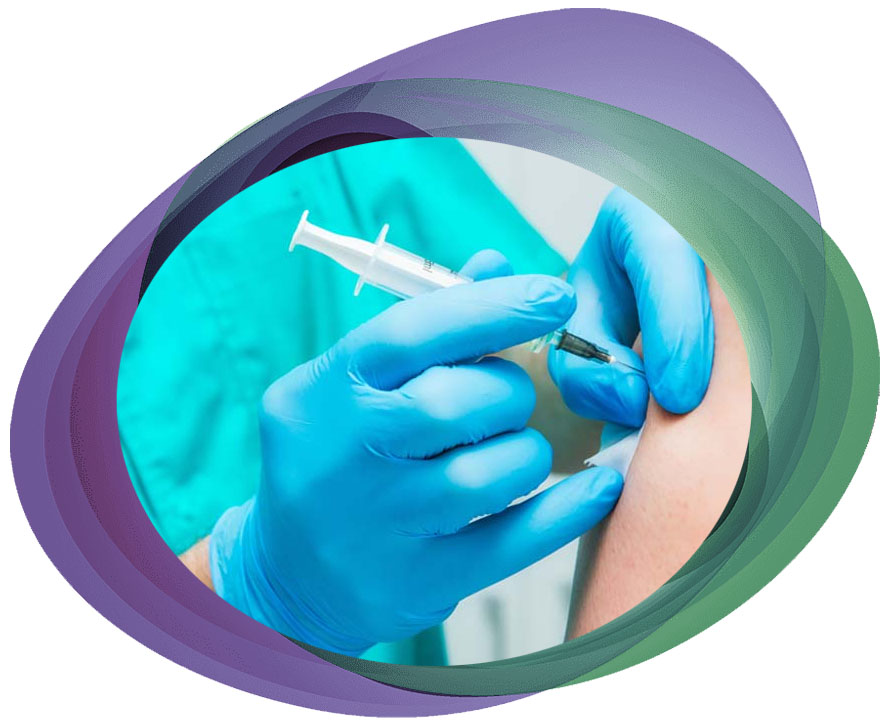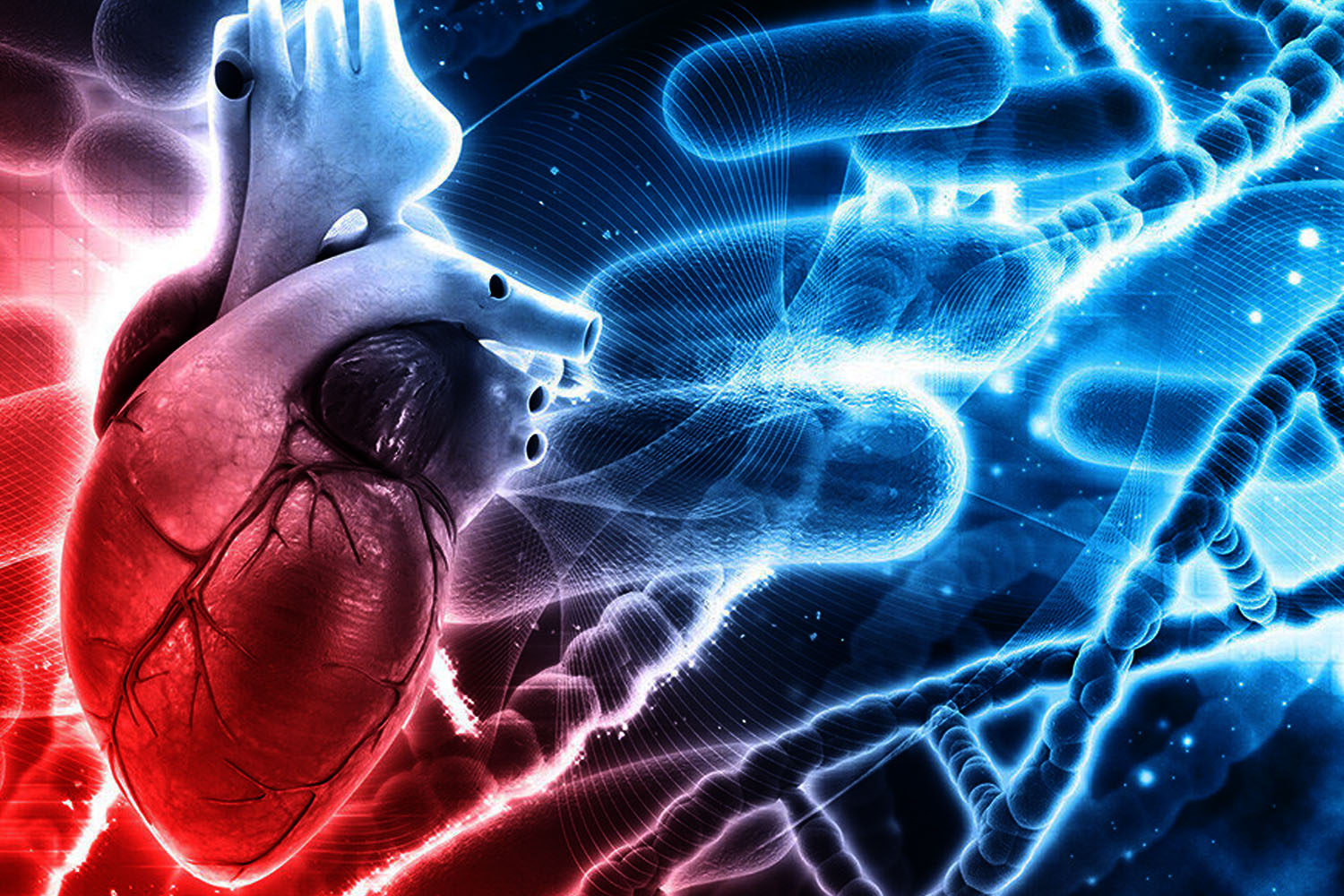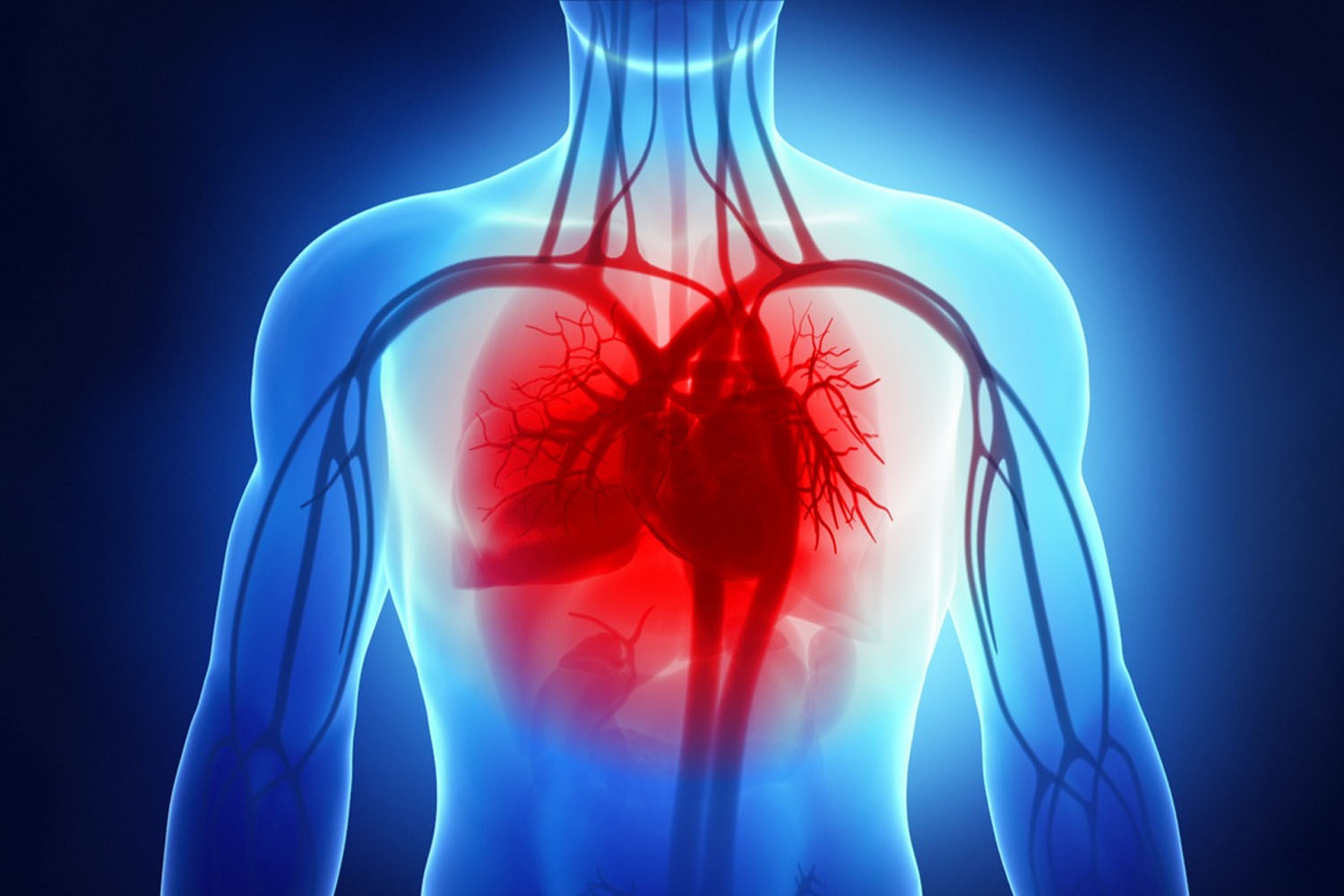
What is Heart Failure?
Heart failure is a condition in which the heart is not able to pump enough blood throughout the body for its normal function.
The cause of this can be either functional or structural disorder of the heart. Common causes of heart failure include cardiomyopathy, hypertension, heart valve problems and coronary
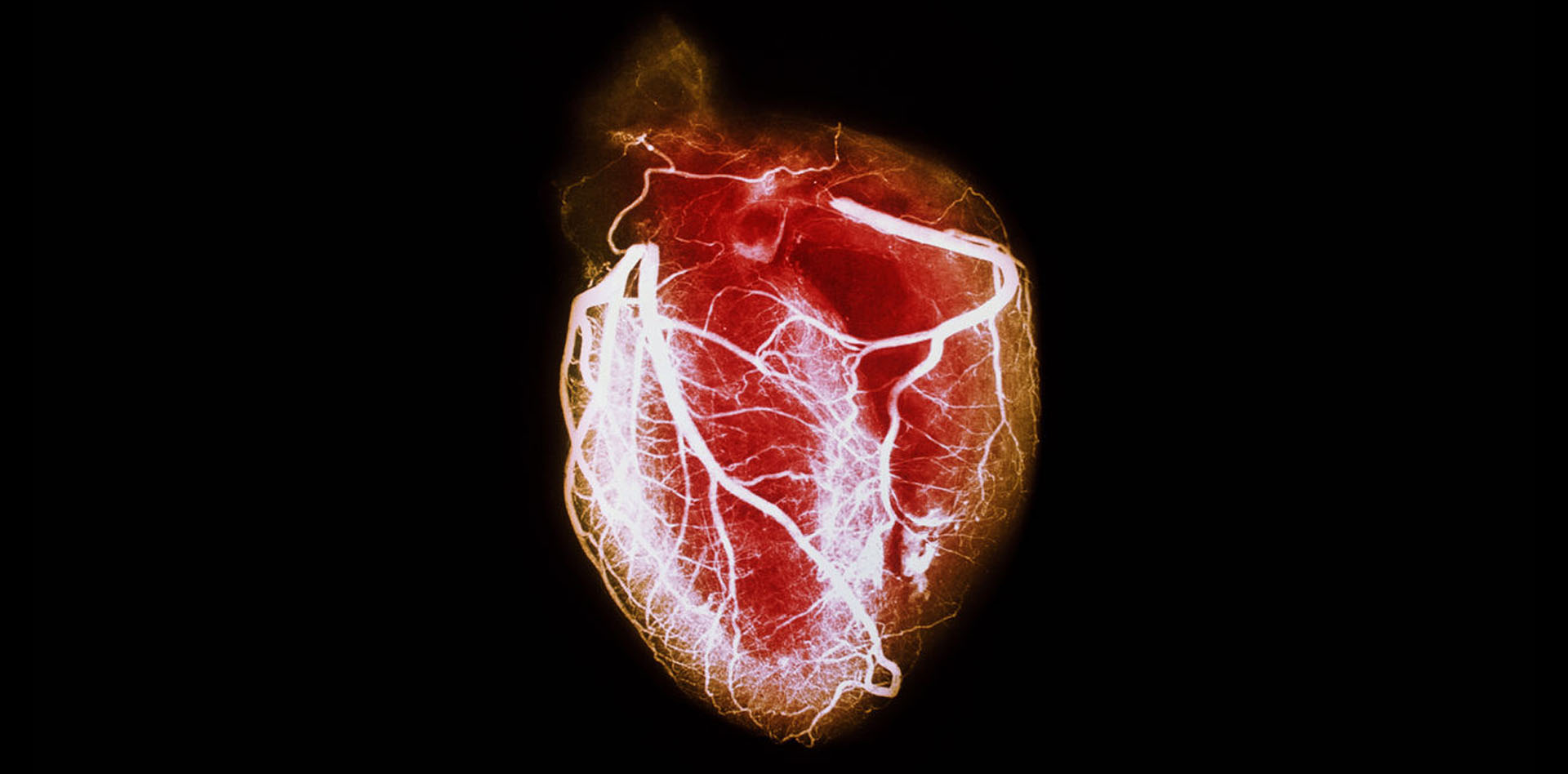
With respect to the heart, stem cells have the ability to not only home into the damaged areas but also to initiate a cascade of biological events which both culminate in healing of the heart muscle.
For example, animal studies have demonstrated that stem cell therapy will cause new muscle cells to be formed through stimulation of dormant stem cells that are already inside the heart muscle.
In these studies, the administered stem cell also transformed into new heart muscle cells.
At Stem Cell Institute, our stem cell treatment protocol for heart failure involves administration of mesenchymal stem cells harvested from human umbilical cord tissue.
Through administration of mesenchymal stem cells, we have observed improvements in heart failure patients treated at our facilities.

